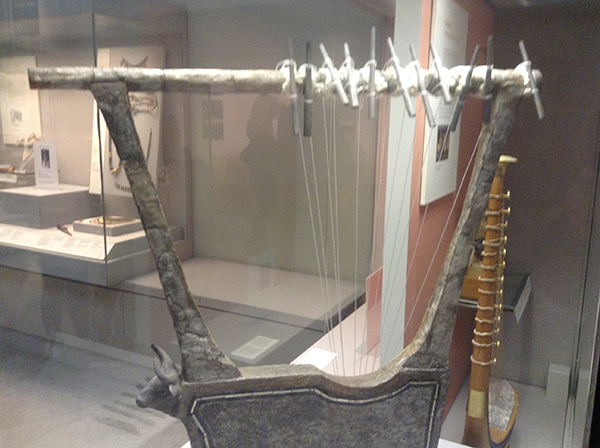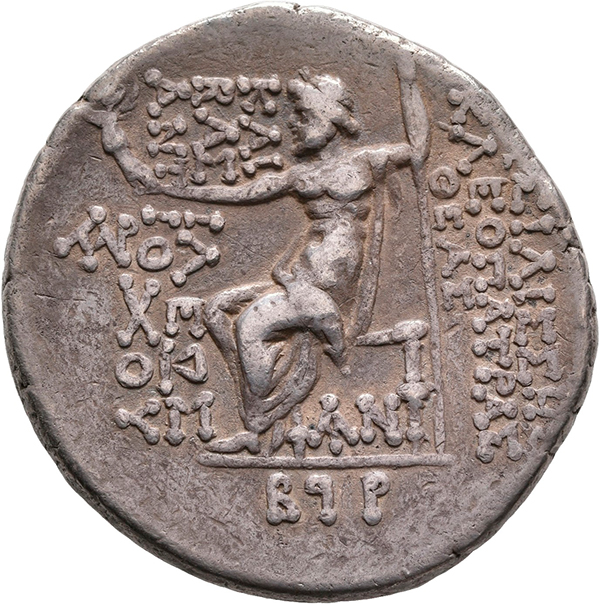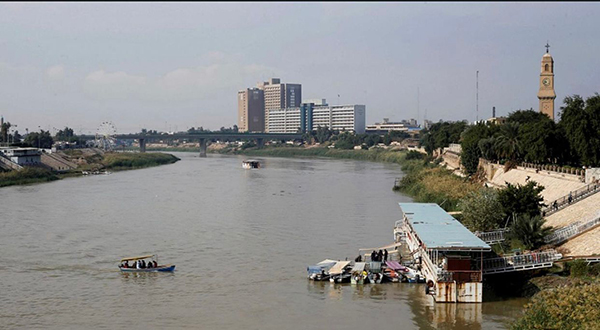World affairs
Religion in Iran – Compulsion or freedom of belief?
By Mostafa Elyasian
During the reign of the Shah (until 1979) Iran was a free and strong country in the world and on the way to a modern state. People lived without serious problems, women with and without headscarves, religions existed peacefully side by side – Muslims, Christians, Zoroastrians, Jews, Baha’i or people without faith – until 40 years ago Grand Ayatollah Khomeini returned to Iran from his Exile in France and took power. Before his arrival he had promised in numerous messages to the Iranians that he would establish a free Islamic state in which all people and religions could live in freedom. With these promises he won most Iranians for his policy. But shortly after he took power, he broke his promises and began to build a strict Islamic state. His right hand (Sadeq Chalchali) murdered thousands of former followers of the Shah (the Pahlavi government), opponents of the Islamic Revolution and various political and religious groups such as the People’s Mujahedeen and the Baha’i.
The largest number of executions took place during July and August 1988. These acts took place secretly. The victims were buried in mass graves that are still unknown today. The Hijab (long coat and headscarf) became compulsory for all women. On the streets, special moral guardians controlled the women’s clothing. In case of non-compliance with these regulations, the women had to attend courses or were even whipped. In extreme cases, some women were injected with acid into their faces. The gates of the churches were closed. The followers of Christian and other religious minorities were beaten, some of their property confiscated and their lives made more difficult in many ways. The followers of the Baha’i religion suffered the most. They suffered many deaths. Their shops were closed. They were forbidden to trade. The young people were not allowed to graduate from high school or university.
After Chomeini’s death, power passed to Ali Chamenei. He was and is a dictator just like Chomeini and gave the order to many executions. In the last years especially many young people have been murdered. Also the pressure on the Baha’i became even bigger under his regime.
The Baha’i religion is the largest religious minority in Iran, which has not been recognized as an independent religion for 40 years. The religious founder Bahaullah (Glory of God) was born in Iran. He claims to be the Messenger of God for the present age, following the line of monotheistic religious founders such as Abraham, Moses, Buddha, Zarathustra, Christ and Mohammed. Bahaullah made his revelation known in 1863. More than seven million Baha’i live in 235 countries and territories worldwide. Thus the Baha’i religion is the geographically most widespread religion after Christianity.
The Baha’is believe in a single God and see in the “revelators” the mediators between God and man. The main goals are the unity of mankind and world peace. This presupposes that the Baha’i encounter all religions in the spirit of mutual recognition and peace. No religion is better than others, but they are all members of one family. The Baha’i reject all prejudices – be they religious, pertaining to skin colour or ethnicity.
A major principle of the Baha’i religion is the equality of men and women. For before God, man and woman are equal. The Baha’i have “houses of worship” in all continents, where followers of all religions are invited to pray according to their holy scriptures. Various social institutions are to be built around the houses of devotion to serve the good of mankind. The Baha’i religion claims to be a world religion. The Baha’i religion has been recognized as the youngest world religion in various parts of the world. The central administrative organ and the highest corporate body of the Baha’i World Community is the “Universal House of Justice” with headquarters in Haifa (Israel). In Germany, the Baha’i religion was recognized as a public institution in 2013.
The Bahai in Iran have all the duties of a citizen – such as military service, tax payment – but only severely limited rights. For example, young people are only allowed to attend school up to the 11th grade and therefore cannot go to university. When registering a new-born child, “Islam” is registered as a religion against the will of the parents. Whoever turns away from Islam in Iran counts as an apostate and is subject to the death penalty according to the Iranian Sharia. The government claims that the Baha’i are spies of Israel and endanger the order of the country. That is why life is made very difficult for them everywhere. Fortunately, Germany is one of the countries that protects the life of the Baha’i and recognizes the Baha’i religion. The Bahai living in Germany feel comfortable and live in safety.
This article reflects the personal views and experiences of our tünews-editor Mostafa Elyasian – he comes from Iran. Of course there are also other ways of looking at the situation and events in Iran before and after the Islamic or Iranian Revolution of 1979. We kindly want to invite everyone to present these in tünews INTERNATIONAL.



